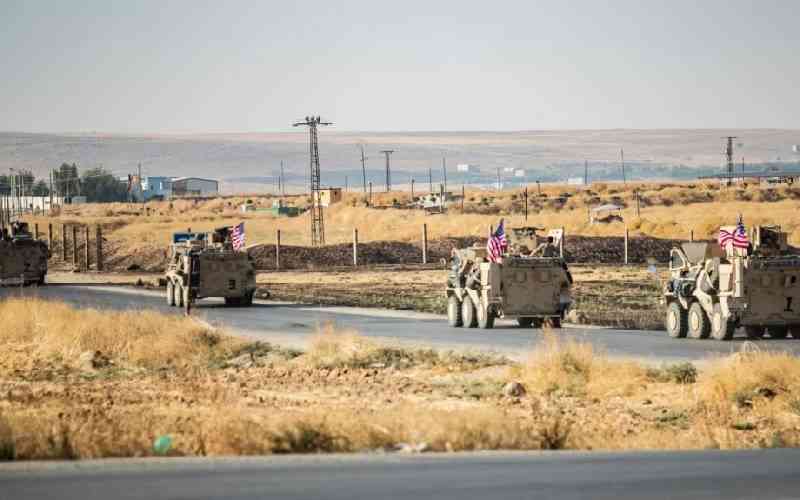×
The Standard e-Paper
Stay Informed, Even Offline

Iranian-backed proxies have attacked U.S. forces in Iraq and Syria at least 150 times since President Joe Biden took office, two U.S. defense officials tell VOA.
More than a third of those attacks have occurred in the last month, marking a clear surge in violence against U.S. forces in the region.